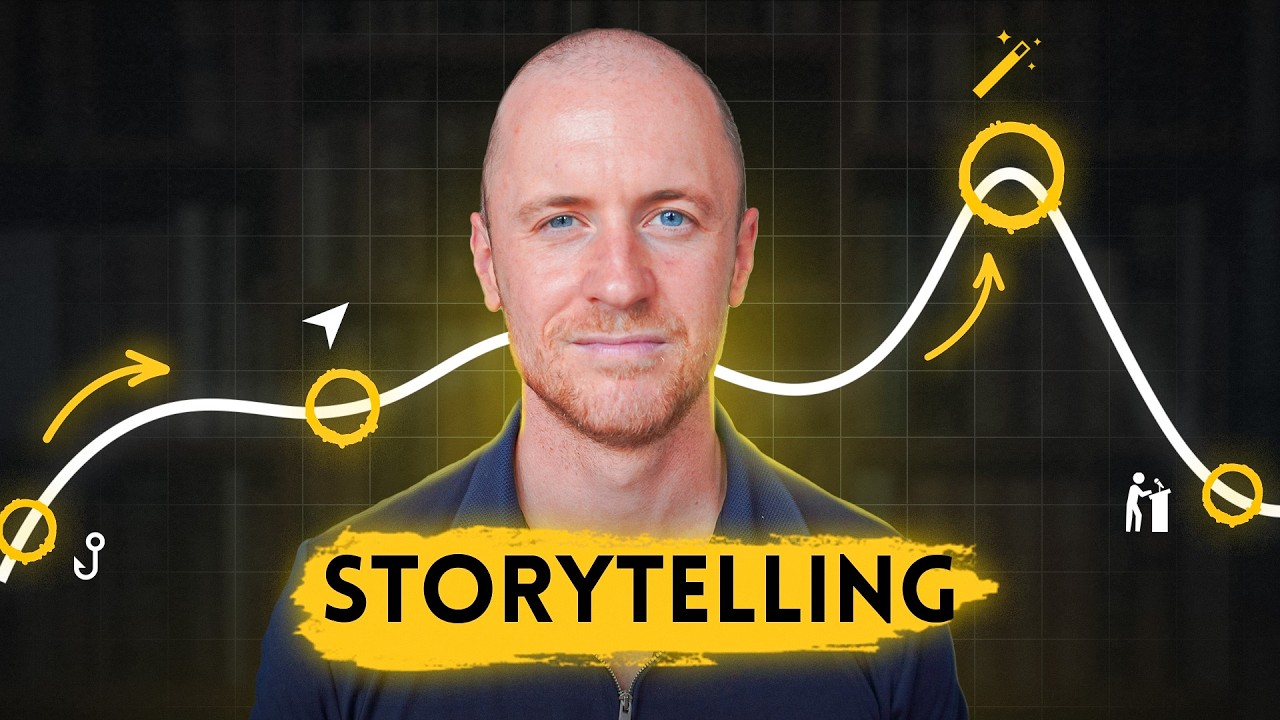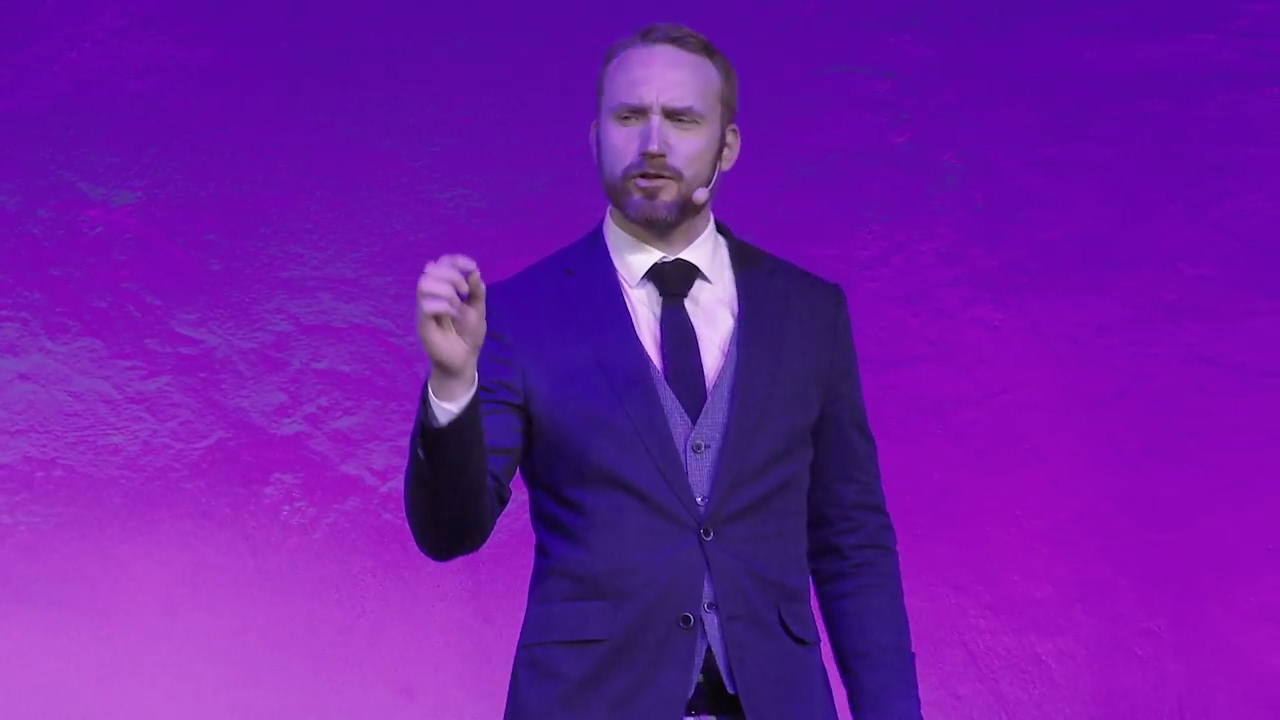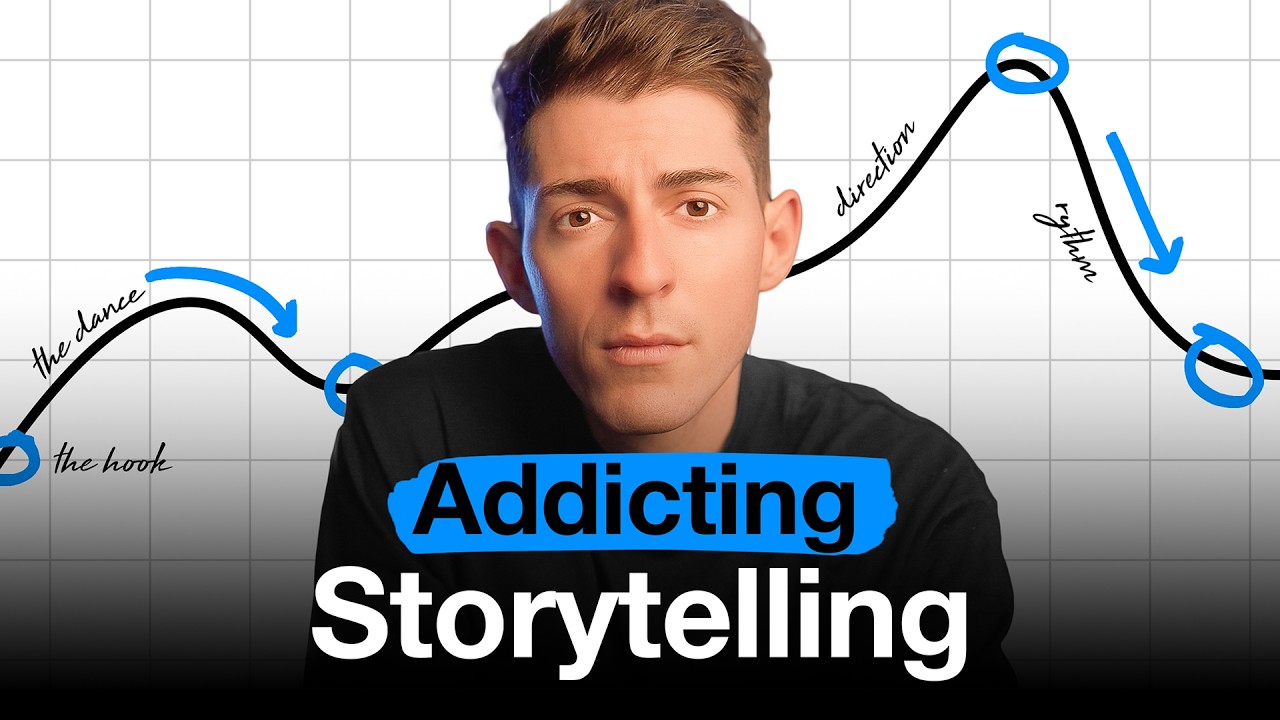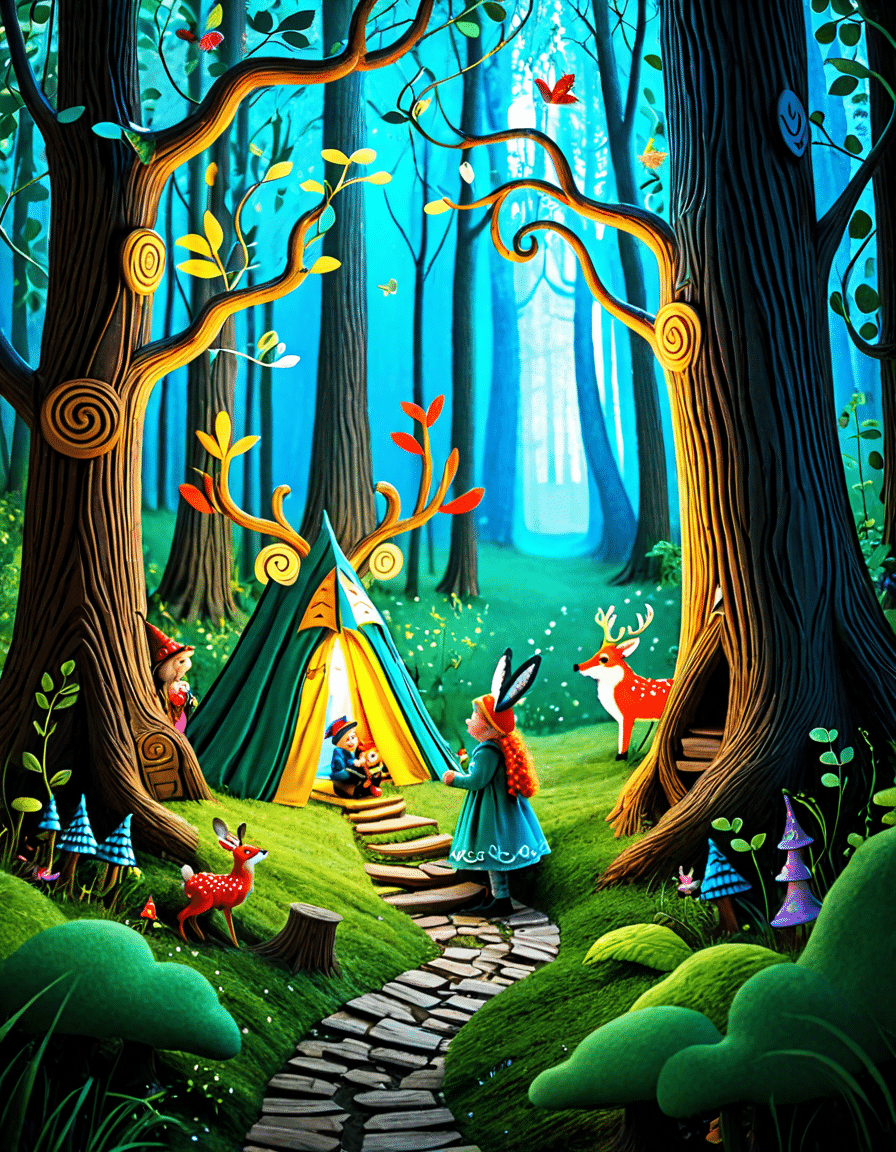Storytelling skills have become a vital tool for anyone aiming to make a lasting impact in business settings, public speaking, or personal branding. As we unwrap the layers of effective storytelling, it’s clear that engaging, informing, and inspiring starts far before stepping onto a stage or kicking off a presentation. If you want to land high-ticket speaking engagements and build a powerful personal brand, it’s time to master these essential storytelling skills.

Top 7 Storytelling Skills That Make a Difference
1. Knowing Your Audience
Grasping who you’re talking to is crucial. Take brands like Nike, for instance. They dive deep into demographic research to curate stories that resonate well with their audience. When they launched the iconic “Just Do It” campaign, they didn’t just reach out to athletes; they threw a wide net to touch anyone with aspirations. This inclusiveness made their message both powerful and memorable.
Understanding your audience allows you to weave narratives that reflect their struggles, dreams, and values. Use surveys, social media, or even simple conversations to gather insights. Tailored storytelling fosters a powerful connection, allowing listeners to emotionally invest in your message.
2. Crafting a Compelling Narrative Arc
Every great story has a structure: a beginning, a middle, and an end. TED speakers excel at this. Look at Brené Brown. She artfully uses personal anecdotes to introduce her themes that resonate with audiences on an emotional level. By building a narrative that flows seamlessly from personal touchpoints to insightful conclusions, she ensures her audience walks away with new perspectives.
Incorporate an engaging framework when crafting your story. Think of tension and resolution to keep listeners on the edge of their seats. Success lies in keeping the narrative straightforward yet profound.
3. Leveraging Emotional Appeal
Emotion plays a pivotal role in storytelling skills. Think about how Apple crafts their commercials. They evoke nostalgia and innovation through emotional scenarios that highlight how their products can elevate everyday life. This emotional resonance doesn’t just sell products; it also cultivates a loyal community around their brand.
Harnessing emotion in your storytelling can create a lasting impact. Tap into feelings of joy, sadness, or triumph to make your narratives more relatable. The more genuine your emotional engagement, the more your audience will connect with your message.
4. Maintaining Authenticity
Authenticity fosters trust, and no one does this better than Oprah Winfrey. Through her interviews and speeches, Oprah’s genuine passion illuminates her narratives. When she shares her own vulnerabilities and triumphs, it creates a raw connection that inspires audiences to embrace their stories.
Stay true to yourself when sharing. Audiences can sense authenticity, and it builds rapport. Celebrate your unique experiences and let your true voice shine; it will reduce the distance between you and your audience.
5. Using Visual Aids Strategically
Visual storytelling plays a crucial role in narrative retention. National Geographic masterfully employs stunning visuals to complement their storytelling. When executed well, integrating imagery or infographics enhances your message without overshadowing it.
Consider using visuals to stimulate audience engagement. Simple diagrams, powerful images, or even short clips can clarify complex ideas. Just remember to ensure these elements solidify your narrative rather than distract.
6. Engaging with Humor
Incorporating humor can effectively break down barriers. Kevin Hart, for example, masterfully uses comedy while sharing his life stories, creating an atmosphere that’s both relatable and entertaining. When speakers skillfully weave in humor, it fosters openness and connection, making audiences more receptive.
Utilize lighthearted moments that fit your story context. Humor is a great way to keep energy levels high and engage listeners. Just make sure it aligns with your message and respective audience.
7. Ending with a Strong Call to Action
A memorable conclusion invites your audience to take the next step. Look at Simon Sinek, who often wraps up his talks with a compelling call to action that encourages the audience to “start with why.” This approach ensures listeners leave with a clear path to act upon the ideas shared.
Your call to action should empower your audience, suggesting concrete steps they can take post-presentation. This could involve implementing ideas discussed, inspiring them to share their own stories, or connecting them with resources that drive action.

Embracing Storytelling Skills for Impactful Communication
In today’s fast-paced digital landscape, storytelling skills are no longer optional; they’re essential for effective communication and personal brand development. By incorporating these storytelling skills into your presentations, you transform a bland message into a captivating experience. Remember to know your audience, craft engaging narratives, leverage emotions, and maintain authenticity.
Make use of visuals, sprinkle in humor, and finish strong with calls to action. Each element can significantly enhance your speaking impact. While storytelling may evolve, the core principle remains: meaningful connections inspire action and leave lasting impressions. Emerging and seasoned speakers alike can shine when they embrace storytelling skills that resonate, engage, and inspire.
In this journey, don’t just aim to speak—aim to transform lives. So, as you step into your next opportunity on stage, keep in mind that your story is a powerful tool to motivate others and drive real change. Let your voice resonate, and remember: we’re all waiting to hear your story!

Storytelling Skills That Captivate and Inspire Audiences

The Art of Storytelling
Storytelling skills are an age-old craft, one that dates back to storytellers like those in the enchanting narratives of The . This anime, woven with rich themes and vivid characters, highlights how compelling tales have the power to connect people across cultures. The magic lies in the delivery—whether it’s in a casual setting or a grand public address. Engaging an audience isn’t a one-size-fits-all method; it requires flair, creativity, and an understanding of your audience. Just like a great motivational speech, effective storytelling can uplift spirits and inspire action.

Tales Through Humor
Now, let’s throw in a little humor! Did you know that one of the internet’s funniest visual puns, the clown meme, showcases how humor can be a fantastic tool in storytelling? An audience laughs at a well-placed joke, and just like that, you’re in their good graces. Think of entertainers like Vanessa Bayer, who know how to spin a yarn and keep people hanging on every word. Humor can lighten the mood, making complex topics easier to digest. A sprinkle of wit paired with solid storytelling skills can truly captivate listeners—making them laugh, cry, and think all at once!
Crafting Your Unique Story
When it’s time to craft your tale, using resources like a speaker network can be invaluable. You can gather insights from experienced speakers who specialize in keynote business presentations. This is particularly handy for bouncing ideas off one another and learning what elements resonate most with various audiences. And if you think you might be limiting your scope by focusing purely on confrontation or drama, take a cue from legendary athletes like Andre Rison. Their life stories often weave struggles, successes, and lessons learned, demonstrating how everyone has a personal narrative deserving of being told.
In the end, storytelling skills are about making connections. They aren’t just about what you say but how your audience feels during the journey. So, whether you’re sharing a laugh, conveying a message of hope, or discussing complex subjects—be sure to include those eye-catching anecdotes. After all, every story is a thread in the magnificent tapestry of human experience, much like the artful tales found throughout Abc Movies.










